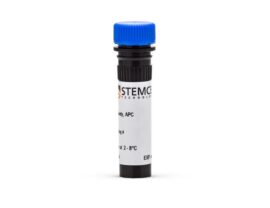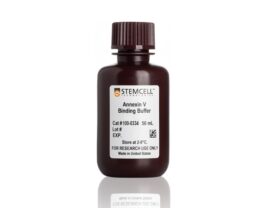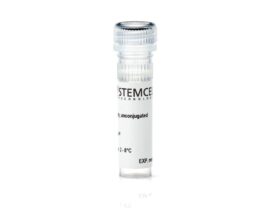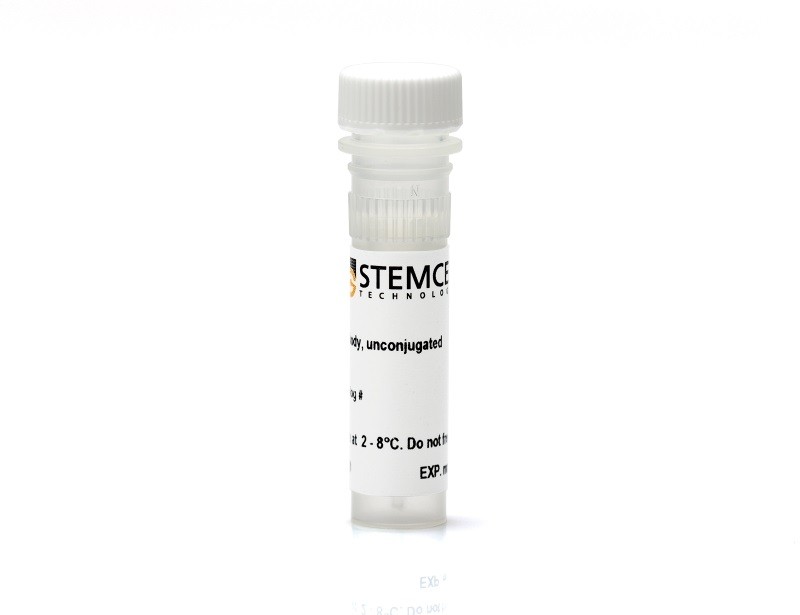
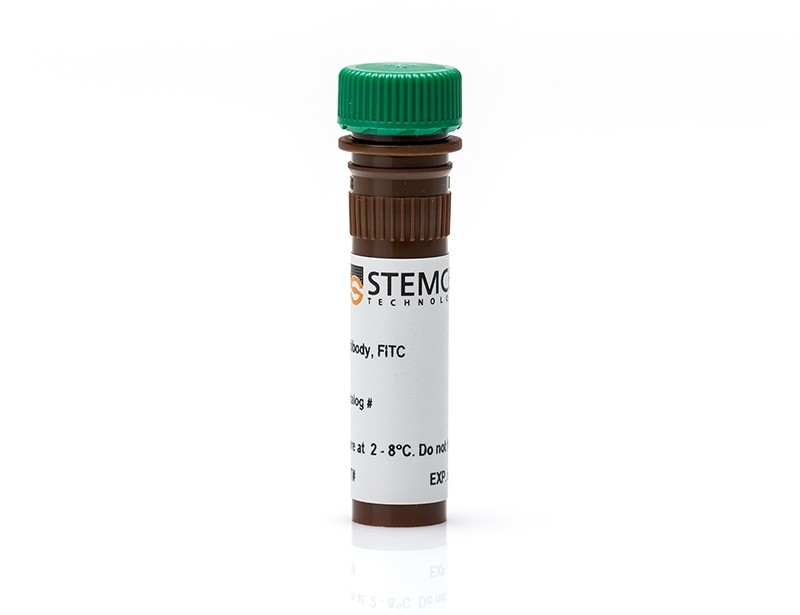
Overview
The ICRF44 antibody reacts with an extracellular epitope on CD11b (integrin αM), an ~170 kDa type 1 transmembrane glycoprotein which associates non-covalently with CD18 to form the heterodimeric Mac-1 receptor. Through its interactions with ligands such as ICAM-1 (CD54), ICAM-2 (CD102), ICAM-4 (CD242), iC3b, heparin, and fibrinogen, Mac-1 influences several processes, including the adherence of neutrophils and monocytes to stimulated endothelium, and phagocytosis of complement-coated particles. CD11b is expressed on the surface of granulocytes, monocytes, NK cells, dendritic cells, tissue macrophages, and subsets of T and B cells, and has been used as a marker to distinguish naïve and memory CD8+ T cells. CD11b is a relatively late marker for myeloid differentiation, and is undetectable on most myelomonocytic hematopoietic progenitor cells and more primitive cells. Certain mutations in CD11b give rise to the disorder systemic lupus erythematosus. The ICRF44 antibody reportedly inhibits leukocyte aggregation in response to the chemoattractant fMLP.
This antibody clone has been verified for purity assessments of cells isolated with EasySep™ kits, including EasySep™ Human Monocyte Enrichment Kit (Catalog #19059), and for labeling human mesenchymal cells grown in MesenCult™ Proliferation Kit
Subtype: Primary Antibodies
Target Antigen: CD11b
Alternative Names: C3biR, CR3, Integrin αM chain, Mac-1, MAC1, Mo1
Reactive Species: Baboon; Common Marmoset; Cynomolgus; Rhesus; Chimpanzee; Human; Pig
Conjugation: Alexa Fluor 488; APC; Biotin; FITC; PE; Unconjugated
Host Species: Mouse
Cell Type: Myeloid Cells
Application: Cell Isolation; CyTOF; Flow Cytometry; Functional Assay; Immunocytochemistry; Immunofluorescence; Immunohistochemistry; Immunoprecipitation; Western Blotting
Area of Interest: Immunology
Clone: ICRF44
Gene ID: 3684
Isotype: IgG1, kappa






